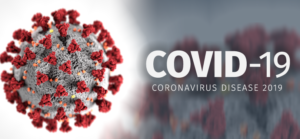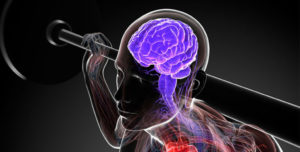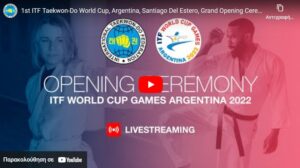Do not blame the athlete s parents. . . Educate them!
1 min read
fl-parents-violence-youth-games 4a ..SEE NOTE AT END...- Hilda Fernandez cheers on her son from the Real Madrid team from Tamiami during a youth soccer tournament at Central Park in Plantation. Although Fernandez was screaming and jumping up and down on the sideline, when asked about her antics, she laughed and said, "I was on good behavior today." Volatile and sometimes criminal behavior from parents who lose their cool at childrenís sporting events has become increasingly commonplace in South Florida in the last decade, a two-month Sun Sentinel probe found. Mike Stocker, Sun Sentinel ***NOTE The following is a recommended caption from our lawyers "While most parents, like Hilda Fernandez, center, behave well at their kids' games, some parents do get out of hand."
The role of parents in sport is a key
element in the subsequent development of children. They determine to a
large extent how much support an athlete will have emotionally, how
cooperative and receptive he will be to his coach, how much effort he
will make in every case for his best performance. It is the parent who,
as the first “teacher” in the life of the child, will teach him the
notions of responsibility, consistency, respect for others, positive
attitude towards “third parties”, will create the basis for self-esteem.
Of the child, on which he builds his self-confidence, even in sports.
All the information provided to the child is what his coach would ask by
working with young athletes.
The importance of the parent is also evidenced by the fact that 3 out of 10 children are involved in sports because of their parents, who also “influence” the choice of children s sports. 32% of children are motivated by their parent s desire to participate in a particular sport, surveys show.
At the same time, between 65-75% of children doing sports say there have been moments in which they have been pressured by parents. Pressure for success, an expectation for improvement, demand for victory. In this case, they “develop”, without wanting, anxiety among athletes. As they will create similar issues involved in training, providing instructions for the fight, making countless analyses of the struggle that the child did not go “well”, “asking the ground” by the coach for the non-development of the child, interceding with other parents and they are always one step ahead of the child trying to give him everything, sabotaging his autonomy.
In the end, parents are a problem, the coach says, and they also state some research results.
As long as they can negatively affect the development of the child, so much and perhaps more could be the ideal ally in the athlete s development effort. They are accused of their attitude and general behaviour, characterized as over-interrupted or overprotective. They may not be “right”.
Did they train them, however, never ever? Has anyone ever informed them of what ultimately is the “appropriate” attitude in the sport? They entered a place with many demands, spending enough personal time and money, not knowing “what should I do when the fight ends and the child is sad?” At the same time, surveys show that parents “spend” / invest 3-12% of annual income in the child s sport!
Do I see workout? Going to the Games? To answer if he asks me “how did you see me?” To speak to the coach? I ask him about the training and the fight? There are some of the parents questions. They express concern and concern, they are “what they value most”: their own children.
We naturally think that he knows how to help, but at the same time, he is “irrelevant” from sports. Something does not fit ……
If you do not explain something to someone, do not evaluate it. Nobody is evaluated on something they do not know. The responsibility for parental education “weighs” all, actors, coaches and those involved in a sport. The child s sport starts with parent training!
Source: Psychology.org.gr







